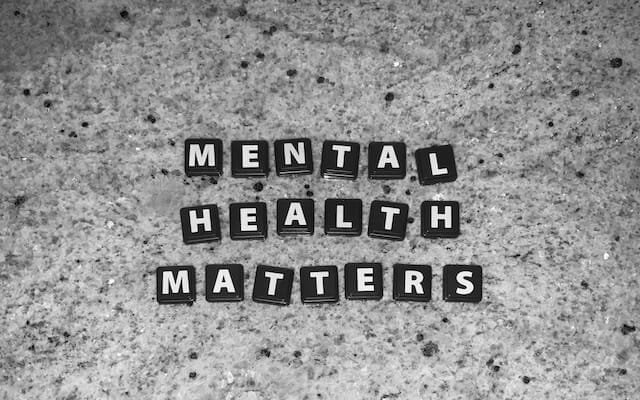
Ready to learn 4 Surprising Ways Gut Health Affects Mental Health?
The relationship between gut health and mental wellbeing is an area of ongoing research.
I am excited that it could lead to new ways of diagnosing and treating mental health conditions.
Although the progress that has been made so far is very promising, there is still a lot of work to be done in order to fully understand the role of the gut-brain axis in mental health.
Studies are looking into how keeping the gut healthy might alleviate the symptoms of mental health disorders.
4 Ways Gut Health Affects Mental Health
Leaky Gut
The gut has a thin lining that acts as a barrier, preventing molecules and other elements from entering the bloodstream when they are not supposed to.
When this lining is compromised, you have a “leaky gut.”.
About 70% of our immune system is housed in the gut, so when immune cells feel like there’s a breach in the integrity of the gut lining, they sound the alarm by spreading inflammation throughout the body.
While a properly controlled immune system can be a helpful defense mechanism, an uncontrolled response may cause damage and lead to widespread inflammation in the body and brain.
Chronic inflammation caused by a leaky gut may result in symptoms like anxiety and depression.
The Gut Produces Most of the Serotonin in the Body
Half of the body’s dopamine and up to 95 percent of its serotonin are produced in the gut.
These two neurotransmitters are called happy hormones as they are responsible for controlling your mood and are associated with the feelings of happiness. When your gut is unhealthy, it could affect the production of serotonin and dopamine, which can impact mental functions, including sleep and mood.
Low Levels of Bacteria Could Lead To Depression
Gut bacteria are a precursor for the production of dopamine and serotonin that are crucial for brain functions. Research definitely supports the fact that a probiotic-rich diet can improve mental health.
Gut Microbiota May Help Diagnose and Treat Anxiety, Autism Spectrum Disorder, and Parkinson’s Disease
Along with Major Depressive Disorder and Alzheimer’s Disease, microbiota changes have been linked to several other brain-based conditions, such as anxiety disorders and Autism Spectrum Disorder (ASD).
The relative amount of certain species of bacteria and the persistent underdevelopment of gut microbiota has been shown in children with ASD. The hope is that such changes in the microbiome may be harnessed to provide non-invasive treatments for these and other brain-based conditions linked to gut microbiota
Mental health Issues affected by Gut Health
- Stress
- Anxiety
- Depression
- Parkinson’s Disease
- Schizophrenia
- Bipolar disorder
Given the apparent connection of your gut health to your mental health, it is vitally important to keep your gut healthy. It is essential to keep the balance of bacteria in your gut to ensure an optimal overall health condition.
Need support?
Reach out to me at email@drkarenwolfe.org and set up a FREE 15 minute consultation to see where you might begin on your health journey!

DISCLAIMER
The information contained in this blog is for educational purposes only and is not designed to replace or take the place of any form of medical or professional advice; and is not meant to replace the need for independent medical, financial, legal or other professional advice or services, as may be required.





























